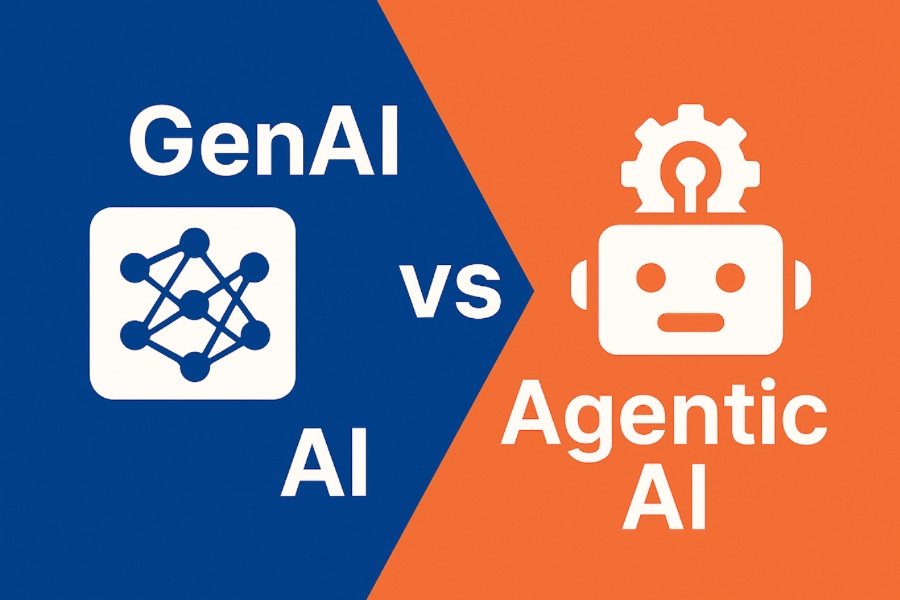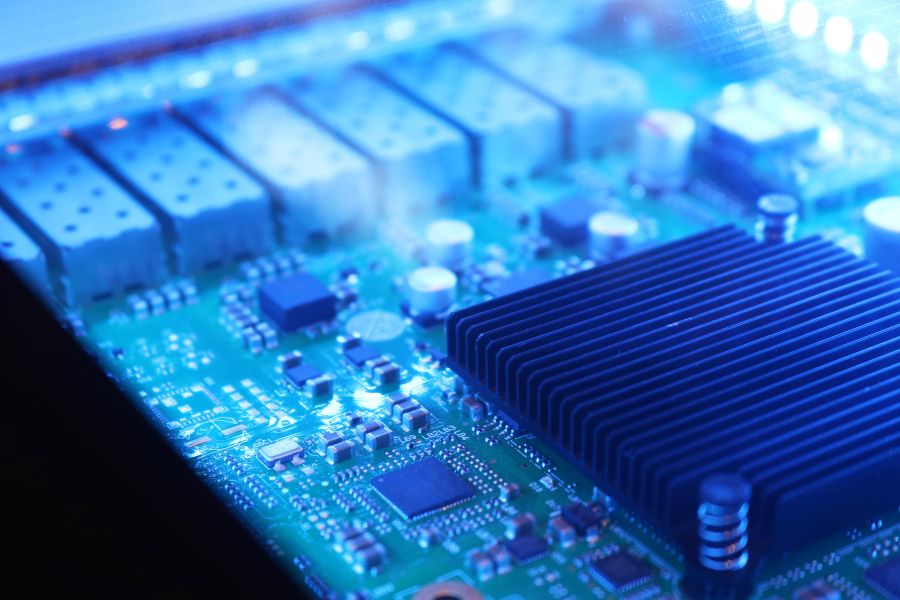The Importance of Building Security Into AI Technologies
October 4, 2023, 4 min read
The term “artificial intelligence” (AI) refers to the rise of computer systems that mimic human intelligence to complete previously impossible tasks. This development is rapidly making AI an indispensable component of our everyday life. It is of the utmost importance to ensure the safety of AI as it continues to develop and spread across additional applications. In this article, we’ll explore why security matters in artificial intelligence and its vital role in ensuring AI technology’s safety.
Why is Maintaining Security So Vital in the Field of Artificial Intelligence?
Safeguarding Sensitive Information Artificial intelligence (AI) systems frequently rely on enormous quantities of sensitive data to learn and make informed judgments. This category of data may include personal information, financial records, intellectual property, and other types of data. This data becomes susceptible to breaches if proper security measures are not in place, which might potentially lead to identity theft, financial fraud, or other malicious activities. We preserve the privacy and integrity of sensitive data by giving a high priority to security in artificial intelligence, which in turn helps to build confidence in AI systems.
AI systems can unwittingly propagate biases and prejudice if they are not carefully built and tested. Preventing Bias and prejudice AI systems can inadvertently perpetuate biases and discrimination. In the absence of adequate security measures, bad actors may be able to influence AI systems to discriminate against particular groups, reinforcing existing societal prejudices. We can ensure that AI decision-making processes are fair and accountable by integrating security procedures. This will reduce the potential for prejudice and strengthen ethical practices.
AI’s Weaknesses And How to Overcome Them
Artificial intelligence (AI) technologies are susceptible to a wide variety of cyber risks, including hacking, malware, and data breaches. Adversaries can control or otherwise compromise the functionality of AI systems by exploiting vulnerabilities in those systems. We can defend ourselves against these attacks thanks to the security features that are built into AI technologies. These features include rigorous authentication procedures, encryption protocols, and intrusion detection systems. These features are implemented to protect AI assets and prevent unauthorized access.
The performance and dependability of AI systems closely relate to their security. If we fail to implement proper security precautions, the system may become susceptible to errors, malfunctions, or even deliberate acts of sabotage. A secure AI system prioritizes fault tolerance and resilience, minimizing security breach impact and maintaining optimal performance against adversarial actions.
The Importance of Data Protection in the Age of Artificial Intelligence
Measures must be incorporated into every level of the AI development lifecycle, beginning with the stages of design and planning. Building reliable AI systems involves adopting safe coding, conducting thorough vulnerability assessments, and prioritizing data privacy. Early security integration reduces vulnerability risks and preemptively addresses potential threats.
Implementing Robust Authentication Mechanisms and Access Control
Implement strong authentication and access controls to thwart unauthorized AI systems and data access. Use multi-factor authentication, strict password rules, and role-based access to authorize system interactions. This helps to reduce the risk of data breaches and criminal activities.
Continuous Monitoring and Threat Detection
To guarantee the ongoing security in AI technologies, it is essential to implement both continuous monitoring and threat detection procedures. Organizations can swiftly address security issues by employing advanced analytics, real-time monitoring, and anomaly detection strategies. Proactive monitoring helps detect potential security risks early, allowing for prompt remediation and minimizing security impact.
Ethical Concerns and Openness
The concept of security in artificial intelligence technologies ought to also include ethical concerns and openness. Organizations should make data collection, utilization, and decision-making processes transparent to the public to build trust among users, regulators, and the public through ethical frameworks. This will facilitate the responsible and accountable utilization of artificial intelligence technologies.
Conclusion
In this day and age, as artificial intelligence becomes increasingly integrated into our everyday lives, we cannot overstate the importance of prioritizing security. This is necessary to reduce potential dangers and assure the reliability of AI technology. Many of cyber professionals also have concerns about the big question: Will AI Replace Cybersecurity Jobs? The answeer is no.The only thing is going to happen is: Humans and AI will keep working together to build more vital cybersecurity is the way of the future, and the best way to do this is to take advantage of each other’s skills.
No mather what will be the result in job market security is crucial for AI integration, safeguarding data, reducing bias, and ensuring performance. By integrating security throughout AI development, organizations can defend against cyberattacks and uphold ethical practices. AI can drive innovation and enhance our lives with proper data protection, fairness, and reliability. As we embrace AI’s potential, let’s remember to integrate essential security measures into its core.
Image Source: Image by rawpixel.com on Freepik




























